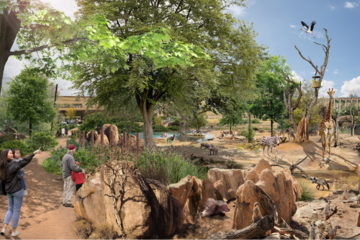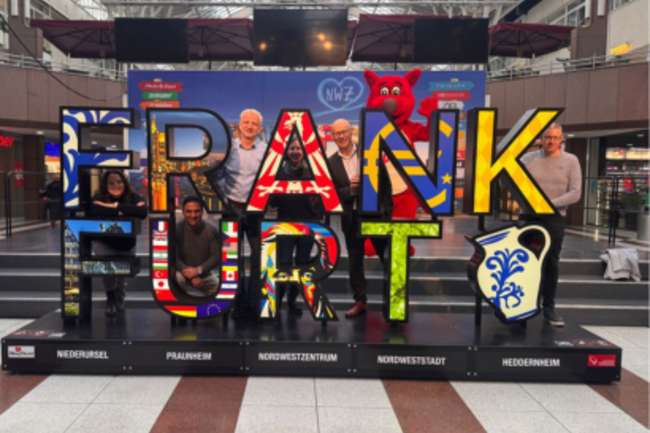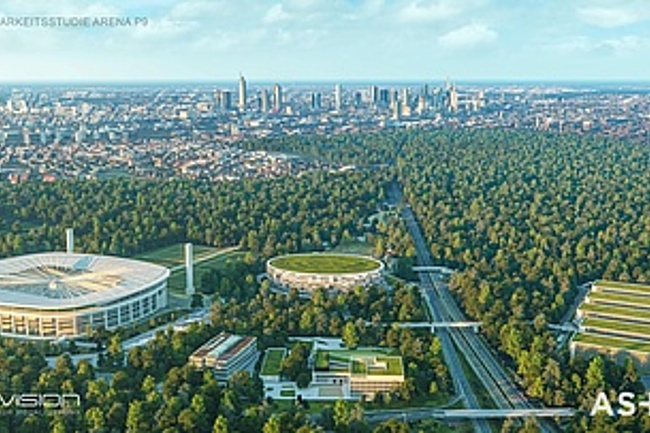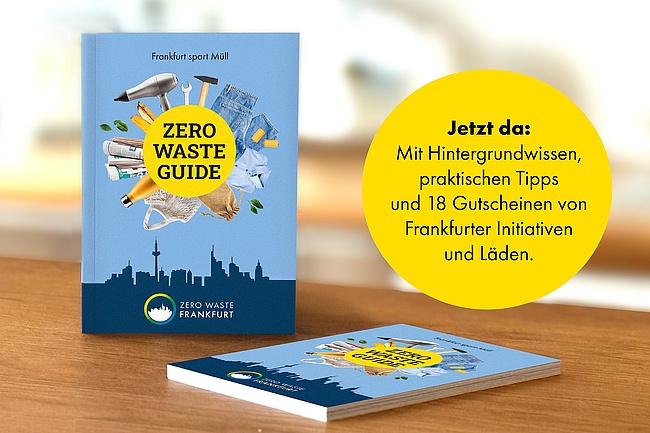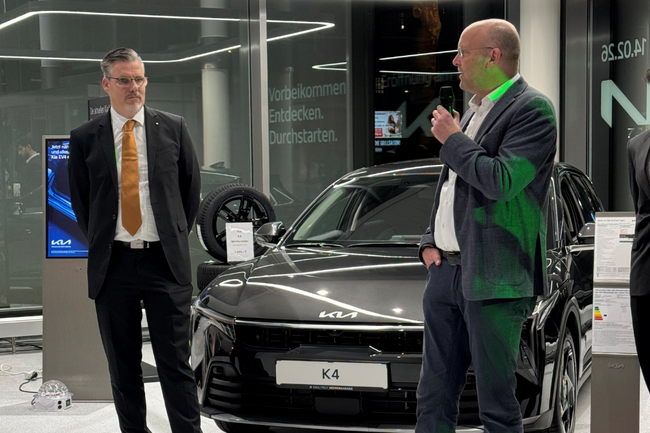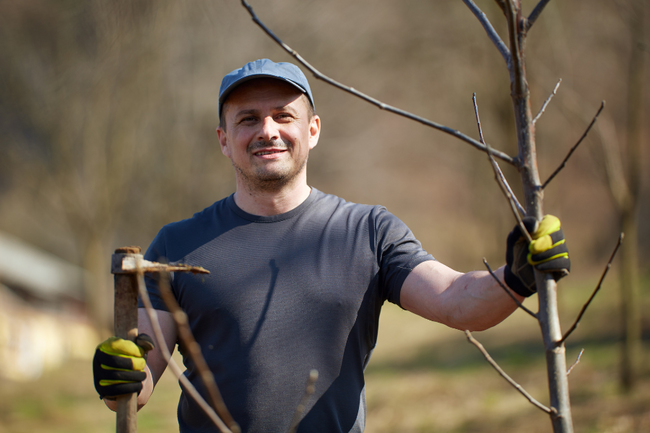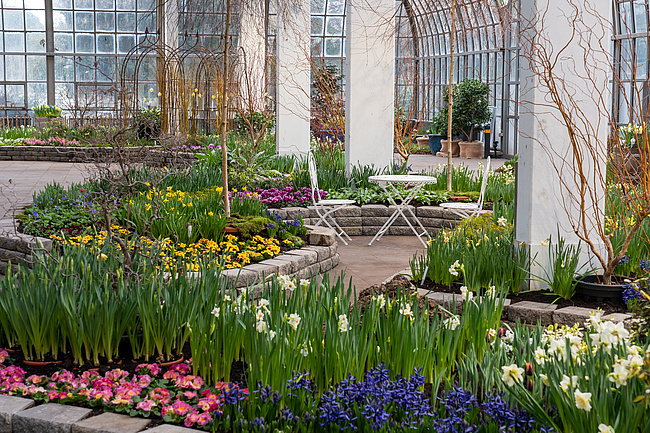On Monday, the Frankfurt City Council laid the foundation stone for the comprehensive modernization of Frankfurt Zoo, which is steeped in tradition. Based on the master plan "Zookunft2030+", Germany's second oldest zoo is to be redesigned in three phases over the next 15 years. The concept not only provides for structural renovations, but also pursues a reorientation towards modern zoological standards as well as sustainability and species protection aspects. The final approval by the city council is still pending.
Ina Hartwig, Head of Culture and Science, and Zoo Director Dr. Christina Geiger presented the master plan back in September 2024. "Our aim is to lead Frankfurt Zoo into the future, make it more attractive for visitors and at the same time establish a pioneering role in nature and species conservation", emphasized Hartwig. In view of the building structure, some of which dates back to the post-war years, modernization is urgently needed.
Three new themed worlds - a window to endangered habitats
The concept of the master plan envisages that the zoo will house three large-scale themed worlds in future, which recreate different ecological habitats. The 2.4-hectare Serengeti enclosure, which will bring African savannah landscapes to life with a near-natural design for giraffes, rhinos, zebras and antelopes, marks the start. The opening is planned for 2033. The Lomami enclosure, a replica of Africa's tropical rainforest, will follow in the second construction phase. Finally, the Manú enclosure, which presents the ecosystem of the South American Amazon region, will complete the redesign. The entire project is scheduled for completion in 2039.
A key element of the redesign is the close cooperation with the Frankfurt Zoological Society (ZGF). "We are basing our planning on the ZGF's existing species conservation projects, particularly in Africa and South America," explains Geiger. "Zoos today not only have an educational and recreational function, but are also essential partners in international species conservation."
Zoo remains open during the construction phases
A particular focus is on ensuring that the zoo remains open throughout the extensive renovation work. To this end, the master plan is to be implemented in stages: While the Serengeti enclosure is being built, the detailed planning of the next construction phases will take place in parallel, ensuring a seamless transition between the individual sections.
Improved conditions for animals and visitors
In addition to the near-natural design of the enclosures, the working conditions for the zookeepers are also at the heart of the plans. Care is also being taken to ensure that animals remain clearly visible even in the winter months. Heated indoor enclosures will allow visitors to observe animals all year round - a significant improvement on the current situation.
With the implementation of this ambitious project, Frankfurt Zoo could take on a pioneering role among German zoological gardens. "We are not only creating a modern zoological facility here, but also a center for environmental education, science and species conservation," Hartwig summarized. The first construction measures could begin in the coming years following approval by the city councillors.







